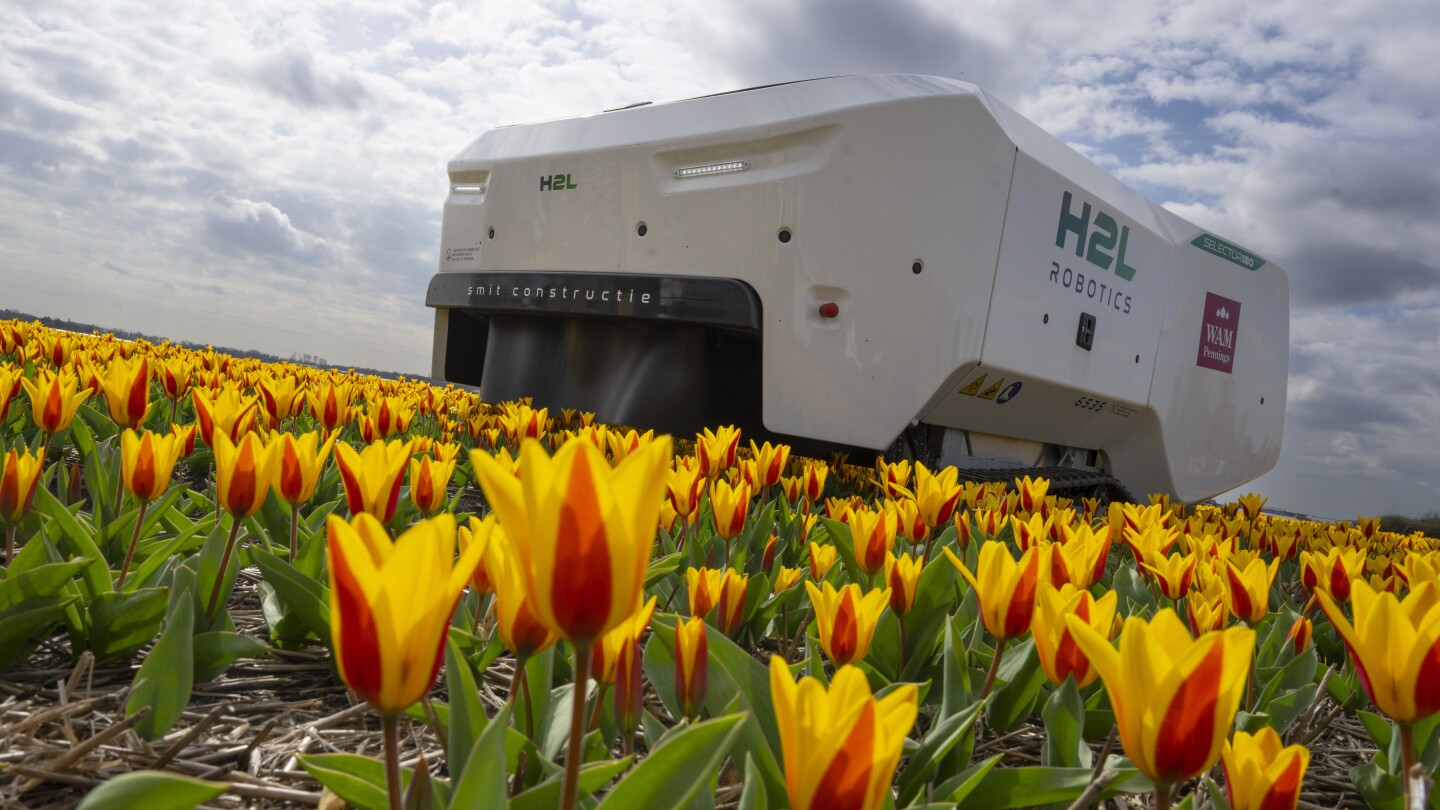Stupid monoculture is the cause, but let’s not fix that.
As a slight positive it will hopefully reduce the reliance on wide spread pesticides and fertilizers.
For some people admitting they were wrong is too hard
That’s really cool. Much of the hype around AI tends to focus on it acting like an intelligent human (which it doesn’t do very well), but glosses over stuff like this (which it can do very well).
Just wait until the AI starts buying up rare tulip bulbs and sparks an investment mania that crashes the Dutch economy.
Millions of hard working Dutch people depend on the tulip system for their retirement. The crash was not due to the management of the tulip market, rather it’s an unavoidable pattern of boom and bust. Given this, it’s only right that the Dutch government to bail out the tulip funds to avoid a breakdown of the liliaceae system.
“All AI is bad” motherfuckers when it’s not used by grifters.
leave it to the Dutch to use AI not for the downfall of man
Had to re-read the title more times than I’d like to admit to recognize that “sick” didn’t mean the flowers were really awesome.
This is where AI could legit change the world for the better in the future. Use fewer pesticides, fungicides, and herbicides as the problems can be fixed mechanically on a highly localized level.
This could even help fix problems with invasive species - imagine a drone fleet that could kill kudzu just as it erupts from the soil.
This is good news. I couldn’t stomach any more tulip mania.
Wikipedia article about tulip mania.
TIL
This is the best summary I could come up with:
The boxy robot — named after a retired employee at the WAM Pennings farm near the Dutch North Sea coast — is a new high-tech weapon in the battle to root out disease from the bulb fields as they erupt into a riot of springtime color.
On a windy spring morning, the robot trundled Tuesday along rows of yellow and red “goudstuk” tulips, checking each plant and, when necessary, killing diseased bulbs to prevent the spread of the tulip-breaking virus.
As part of efforts to tackle the virus, there are 45 robots patrolling tulip fields across the Netherlands as the weather warms up and farmers approach peak season when their bulbs bloom into giant patchworks of color that draws tourists from around the world.
In the past, this was work carried out by human “sickness spotters,” said Allan Visser, a third-generation tulip farmer who is using the robot for the second growing season.
It’s a lot slower than a sports car, rolling on caterpillar tracks through fields at one kilometer per hour (0.6 mph) hunting out the telltale red stripes that form on the leaves of infected flowers.
Theo van der Voort, who gave his name to the robot at WAM Pennings farm, and who retired after 52 years hunting for sick flowers, is impressed.
The original article contains 510 words, the summary contains 215 words. Saved 58%. I’m a bot and I’m open source!
Let me know when “AI” does anything actually useful for humanity.





